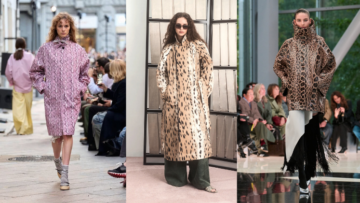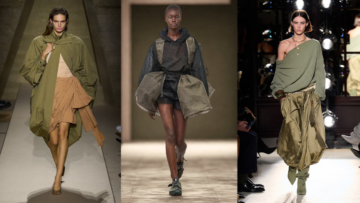
After “no further modifications” were required to the most recent version, a vote to formally submit the Product Environmental Footprint category rules (PEFCR) for textiles and apparel to the EU Commission for approval is anticipated to occur in the upcoming weeks.
Baptiste Carriere-Pradal from facilitator 2B policy, who has been actively involved in the Technical Secretariat for the past five years, first at the Sustainable Apparel Coalition, now Cascale, shared this development milestone for the PEFCR on textiles and apparel in a LinkedIn post.
A multi-stakeholder working group and a Technical Secretariat developed the PEF for textiles and clothing, a methodology for calculating the environmental impact of goods sold in the EU. It was finalised with input from two public consultations, multiple expert reviews, and European Commission validation.
In order to develop a uniform methodology for calculating the environmental impact of textile and footwear finished goods, the Technical Secretariat of the apparel and footwear PEF comprises groups representing industry, civil society, and other professionals.
Following considerable debate from activists regarding the selection criteria for natural and synthetic raw textile materials and durability, the procedure to manufacture the fabrics PEF was convoluted and occasionally contentious.
Following the most recent sessions of the Technical Advisory Board (TAB) and Steering Group, Carriere-Pradal said in his post that the European Commission had finally communicated that no changes were required and that the final version was now “final and ready.”
After five years of work on the PEFCR, he anticipates that the Technical Secretariat’s final vote will “take place in a few weeks.”
The PEFCR will formally be presented to the EU Commission’s Environment and Climate for final approval following this vote, which is typically anticipated to happen within a few days of the submission.






